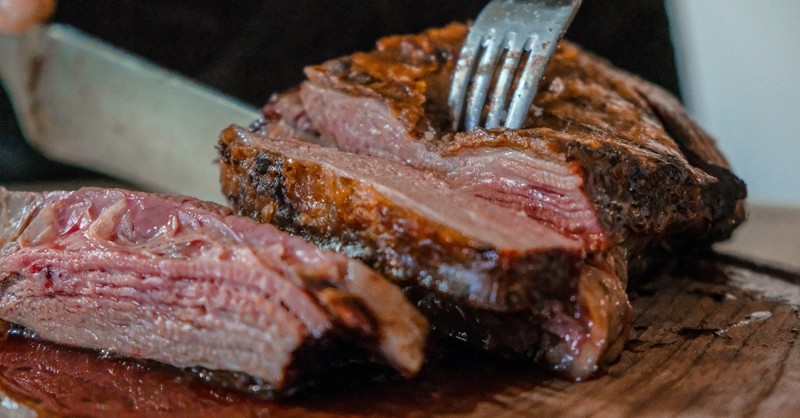Although some Christians will choose to make Lent a time to “fast” from something that they believe they have dedicated too much time to (television, social media, sugar, etc.), there are some more delineated rules to the Lent Fasting that more traditional denominations will follow.
Lent is a time period set aside to prepare ourselves for arguably the most holy holiday in the Christian calendar. Just as we have Advent season to make us ready for Christmas, we have Lent before Easter.
The season of Lent also reminds us of when Jesus fasted for 40 days in the desert. With the exclusion of Sundays (as Lent is technically 46 days, starting on Ash Wednesday), Christians will engage in a fast of sorts, to remember Jesus’ desert fast (Matthew 4).
These rules can even differ amongst traditional denominations, but they usually are as follows, starting on Ash Wednesday:
- On Fridays, Christians will abstain from eating meat. You may have noticed how some restaurants may offer fish specials on Fridays during Lent season to accommodate this. This does include soups and gravies that have been made with meat products.
- Depending on the tradition, abstaining from meat happens when someone reaches the age of 14-18 and ends around 60-70.
- As far as fasting goes, the ages of those who participate are typically between 18-59, with the exception of people who cannot participate due to health conditions such as the sick, pregnant, or those who work manual labor jobs.
- Christians fast on Ash Wednesday and Good Friday, meaning they have one meal that day (without any meat), with no other solid food consumed until the next day.
Want a devotional for each day of Lent, with Scriptures that will bring joy to your heart? Get your free 40 Day Lent Devotional Guide to lead you in prayer and scripture reading through the Lenten Season! Download your copy HERE.
Photo Credit:©GettyImages

















